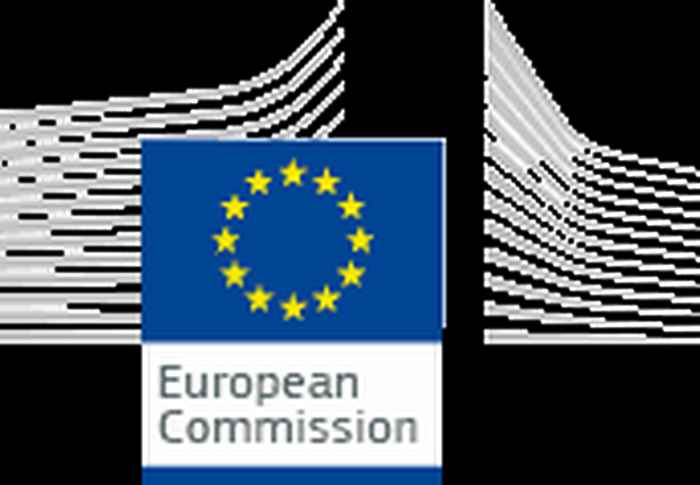BAWEU
Business and Welfare. Preferences and collective action in Europe
The Amsterdam Institute for Advanced labour Studies–Hugo Sinzheimer institute (AIAS-HSI) is partner of the European research project BAWEU: Business and Welfare. Preferences and collective action in Europe. BAWEU is a project funded by the European Commission which aims to explore employers’ welfare preferences and their political actions, including interactions with trade unions and governments.
